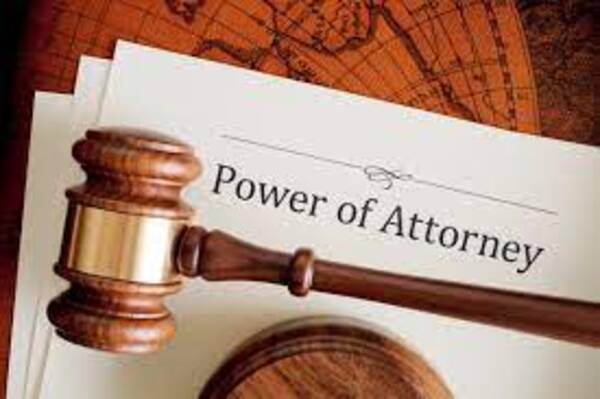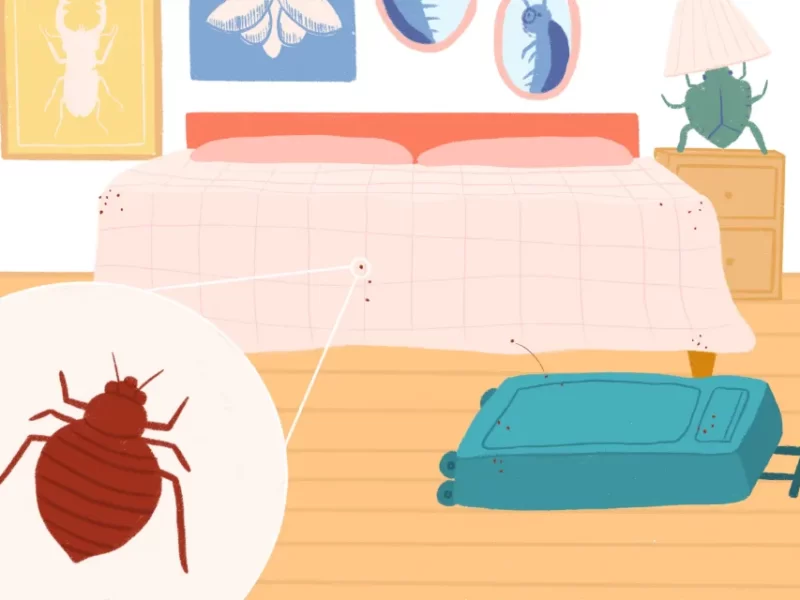A power of attorney enables a person (the Principal) to name a reliable person to act on their behalf in the event that they are unable to do so themselves, typically due to advancing age or declining health. The type of POA in question and the justification for termination depend on who is legally qualified to override it. You can learn more about overriding the power of attorney by reading this article.
Understanding The Power Of Attorney
A power of attorney is a legal document that gives someone the right to act on behalf of another person in situations like signing legal documents, handling finances, and carrying out other types of transactions.
The one who grants this authority is known as the principal, and the one who is appointed is referred to as the agent.
A power of attorney can be given by an individual or group to another person, business, or institution. A person may give someone else the power of attorney rights if they are unable to make decisions on their behalf due to old age, illness, or absence, such as when serving in the military overseas. Read: Can A Sibling Prevent You From Seeing An Elderly Parent?
Depending on whether it covers just a single task, like filing taxes or selling a home, or if it lasts until either party revokes it or the principal dies, this document can be categorized as either a general or enduring (durable) power of attorney.
Seniors who are aging and want to safeguard themselves from excessive pressure from family members before they pass away or prevent conflict when they finally pass away should consider the importance of the power of attorney documents in their estate planning.
Types Of Power Of Attorney
A power of attorney can take many different forms. Each specifies the specific powers that the agent has over the principal’s affairs and decision-making, as well as the timing and duration of the POA. Each power of attorney is therefore one of the following:
Durable or Non-Durable
All POAs will be either durable or non-durable. When the principal is declared legally incapable, the first clause still stands. A non-durable power of attorney, however, will expire when the principal is no longer mentally competent. A POA is typically taken to be durable unless specifically stated otherwise in many jurisdictions. Read: Does Power Of Attorney Expire?
Limited or General
The most typical types of powers of attorney give the attorney-in-fact broad authority to make decisions on behalf of the principal. These frequently give the agent substantial financial authority, which explains why they are occasionally referred to as a financial POA.
In contrast, a limited POA (also called a special power of attorney) allows the agent to decide only on very specific matters. Taking the place of the principal, for instance, in signing a specific document.
Immediate or Springing
Upon execution by all parties, immediate power of attorney becomes enforceable immediately. A springing POA, on the other hand, enters into force later, typically after the principal becomes incompetent. A springing power of attorney will therefore always be reliable.
A medical POA or health care POA is a specific power of attorney that relates to health care in addition to these three categories. It only has the authority to make choices regarding end-of-life care.
This is a durable springing power of attorney. This is one of the advance directive documents used in some U.S. states to make sure loved ones are aware of the proper health care decisions for the principal as they get closer to the end of their lives.
Power Of Attorney Rights And Limitations
Your Agent can legally sign documents on your behalf, make decisions regarding your healthcare, and handle financial matters if you have given them power of attorney.
Your Agent is legally obligated to act in your best interest. This is why selecting a suitably reliable Agent is crucial when creating a power of attorney.
The following is not true even if your power of attorney form gives your Agent broad authority:
- Change or alter your will
- Act in a manner that is not in your best interest
- Use power of attorney after your death to make decisions (unless they’re executors of your will)
- Transfer power of attorney to another person
What Can’t A POA Do?
The authority to make decisions in the areas of business, money, health care and real estate is granted by a power of attorney. The principal’s life is not entirely under the attorney-in-fact’s complete control, though. Regardless of the type of POA or how the document is written, there are a few things the agent cannot do. Having the following rights, for example:

- Make decisions for the principal after death;
- Transfer the POA to another person;
- Vote on the principal’s behalf in an upcoming election;
- Amend or override the principal’s will;
- Go against the principal’s wishes for their end-of-life treatment;
- Act contrary to what is best for the principal.
Reasons For Overriding A Power Of Attorney
In some circumstances, the loved ones of the principal may worry that the agent isn’t acting in their best interests. The agent may have abused their authority by incurring a sizable debt in their name or transferring assets without consent.
In other situations, a person might want to appoint a replacement for an agent who has become ill or incapable of performing his or her duties. This includes scenarios in which the principal loses the capacity to handle their affairs or in which the agent steps down from their position.
It is crucial to adhere to the formal steps for dismissing an agent and appointing a new representative who can fulfill these duties on behalf of the principal. The wishes of the principal will be upheld in this manner, and their estate matters will be handled in a responsible manner.
Way To Override A Power Of Attorney
A POA’s decision to be overridden should not be disregarded. Establishing whether all obligations were fulfilled in full will require a close examination of the power of attorney documentation. It is advised that you hire a lawyer who is knowledgeable about elder and/or disability law.
If you want to revoke someone’s power of attorney due to their treatment or negligence. Follow the steps below after reviewing the paperwork with your attorney:
- Consult the Principal: if they are sound mentally, express your concerns to them regarding the Agent. Although they are able to remove or replace their Agent verbally, it is preferable if they complete a formal revocation of power of attorney document.
- Contact the Agent and demand that they resign if the Principal does not intend to revoke the POA using your attorney. The role passes to the Alternate Agent listed in the document if the Agent declines. when no When the Alternate is named, you will need to file a court application to appoint a guardian and/or conservator to look after the Principal’s interests.
- Prepare for Court: You will need to appear in court if the Agent refuses to resign and a capable Principal chooses not to revoke the power of attorney. While the case is pending, your attorney may ask the court to earmark the power of attorney and transfer guardianship or conservatorship to a different person.
Conclusions
A power of attorney can be overridden in several different ways. A power of attorney is always revocable by the principal if they are still of sound mind. In some other situations, a POA may be overruled by the principal’s concerned friends and family.



